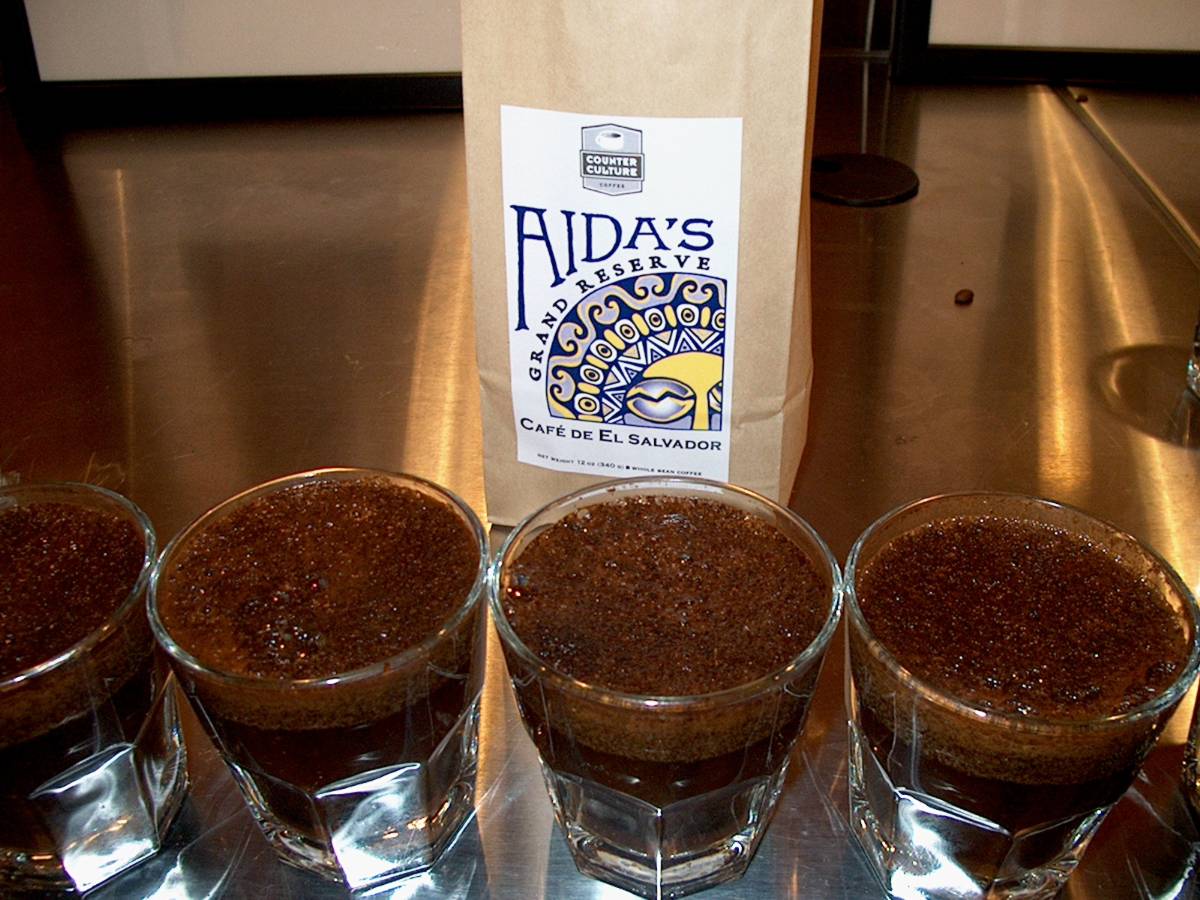We've been sticking with Espresso Rustico for a long time. A classic, well-balanced espresso that holds up alone, in milk, and has enough body to hold up in an Americano too.
But we always want to explore. Today, we dialed in a sample bag of
Baroida Single Origin Espresso (SOE). This espresso is from the farm that gives us our
current afternoon alternate coffee, so we expected to taste similar spicy, molasses notes out of it.
Boy were we wrong. The Baroida SOE explodes with fruit. Not the dark blueberries of a sun-dried coffee or the citrus notes we expected from wet-processed African coffees, but a complex brightness like apricots and cherries. "Nice," we said, "But will it hold up in milk?"
A good espresso, like the aforementioned Rustico, shouldn't lose any of its complexity when milk is added. The milk tends to mellow out the acidity and highlight the sweetness of espresso. Bright, fruity espressos, when done well, remain interesting and fruity (if somewhat mellowed) in milk. Bright espressos, when done poorly, become very boring with milk.
I had low expectations for this Baroida SOE; not because I don't trust Counter Culture's roasting team, but because I didn't think something so powerfully fruity up front would survive in milk.
Of course, I was wrong. The macchiatos we made with the last of the sample bag tasted like apricot jam, or a fresh fruit cobbler. Warm, creamy, and definitely still fruity. "Whoa," we said. "Let's order this."
Expect to see some Baroida SOE on the menu soon. We encourage you to try it both ways: alone, then with milk.
